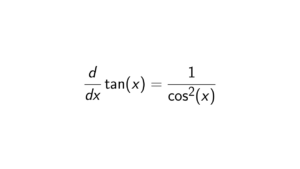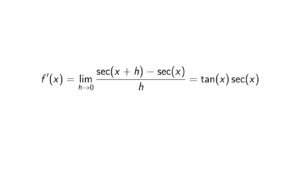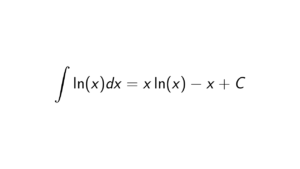How to show that every ideal in a Euclidean Domain is principal
We need to show any ideal I of the Euclidean Domain R is principal, i.e., I = (x) where x is any nonzero element of I of minimum norm.
Prove that every ideal in a Euclidean Domain is principal
Let R be an Euclidean Domain and I its arbitrary ideal. It is obvious that when I is zero ideal, then I = (0).
Now assume I is a non-empty ideal and let b \neq 0 \in I be its minimal norm. To show that b exists, we need to show that the following set has a minimal element:
\begin{align*}
\{N(y) \ | \ y \in I\}.
\end{align*}
But this set has a minimal element by the definition of norm. To see the full proof of this, check here. Now what is left is that (b) is contained or equal to I, and vice versa.
“(b) \subseteq I“: This is obvious since b is an element of I.
“I \subseteq (b)“: Since the assumption was that R is an Euclidean Domain, R also possess the Division Algorithm. So take the element a \in I such that a = qb + r with r = 0 or N(r) < N(b). We get that r = a - qb and a,qb \in I, which implies that r \in I. Now we assumed that b is minimal, so this means that r = 0 since we assumed that b \neq 0. So this means that a = qb and therefore a \in (b).
Conclusion
Finally, I = (b) and so every ideal in a Euclidean Domain is principal.
\begin{align*}
\{N(y) \ | \ y \in I\}.
\end{align*}

